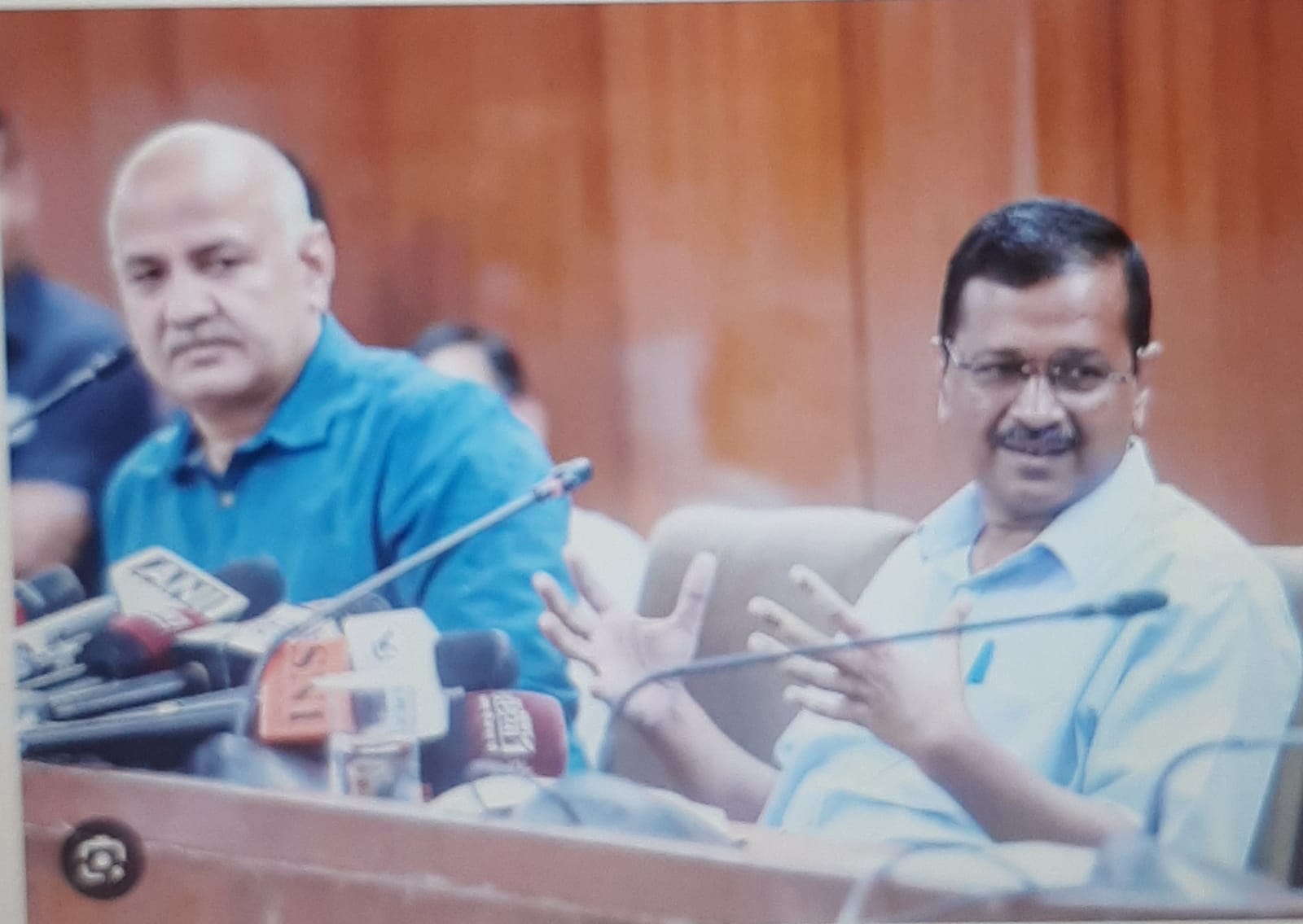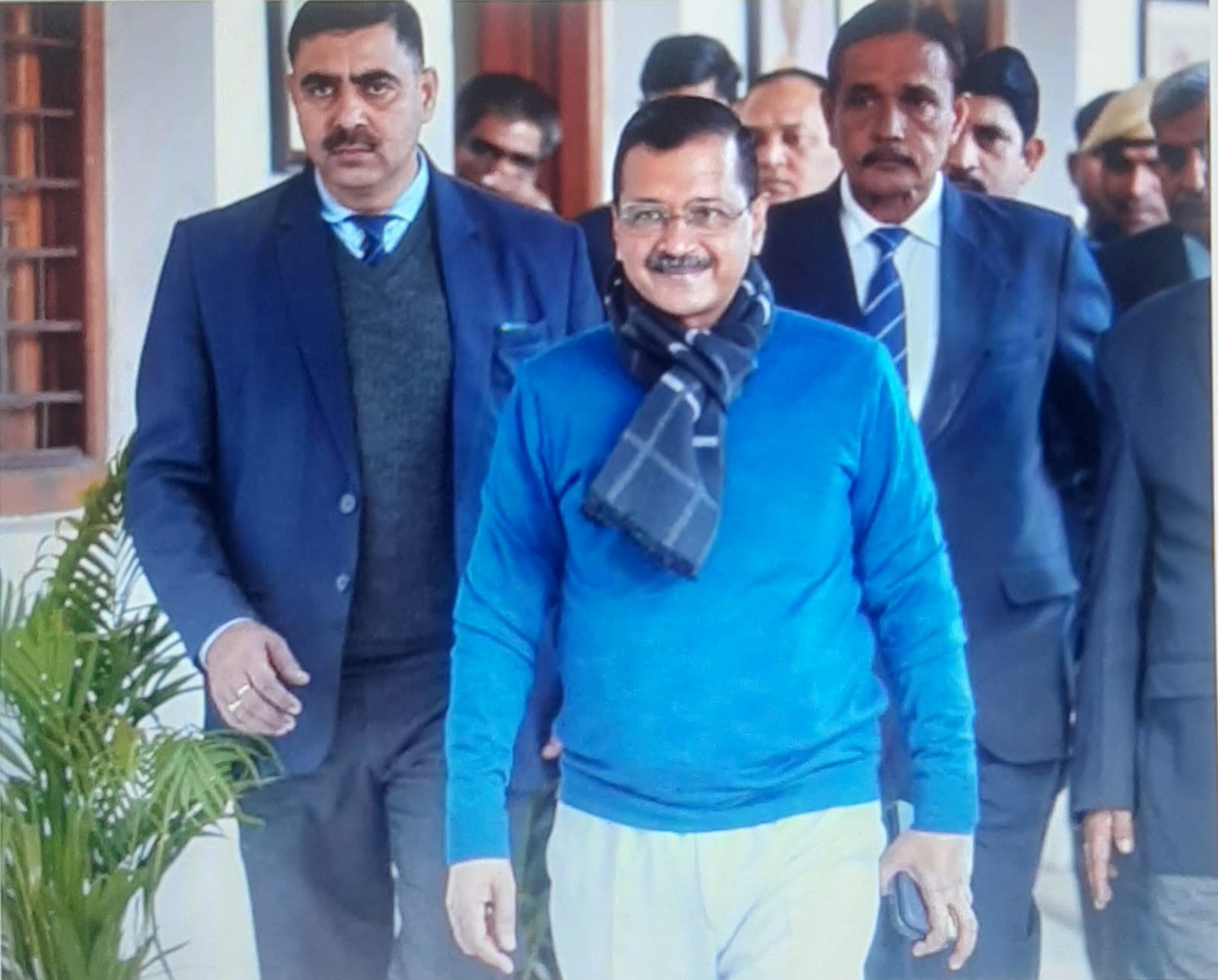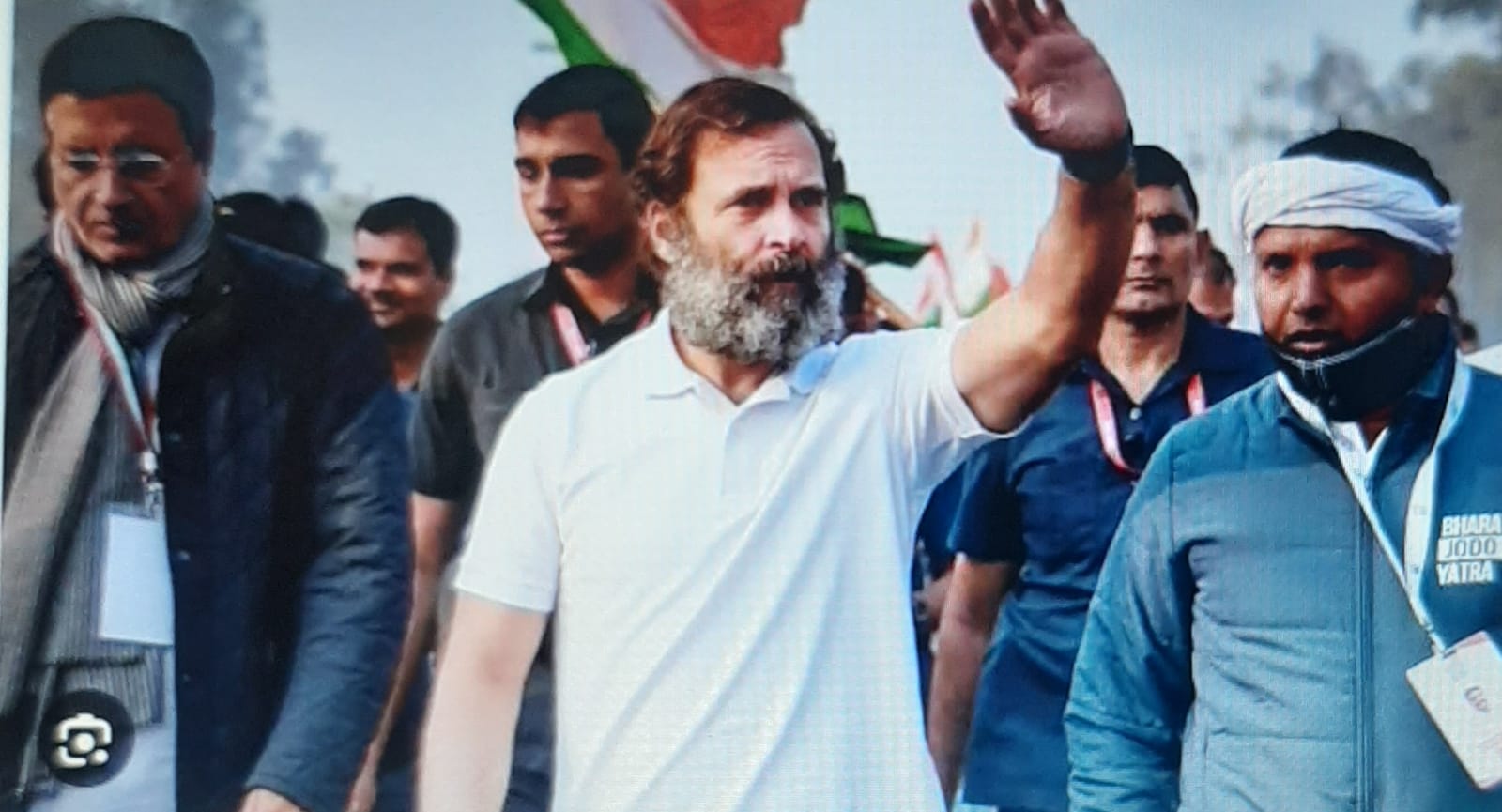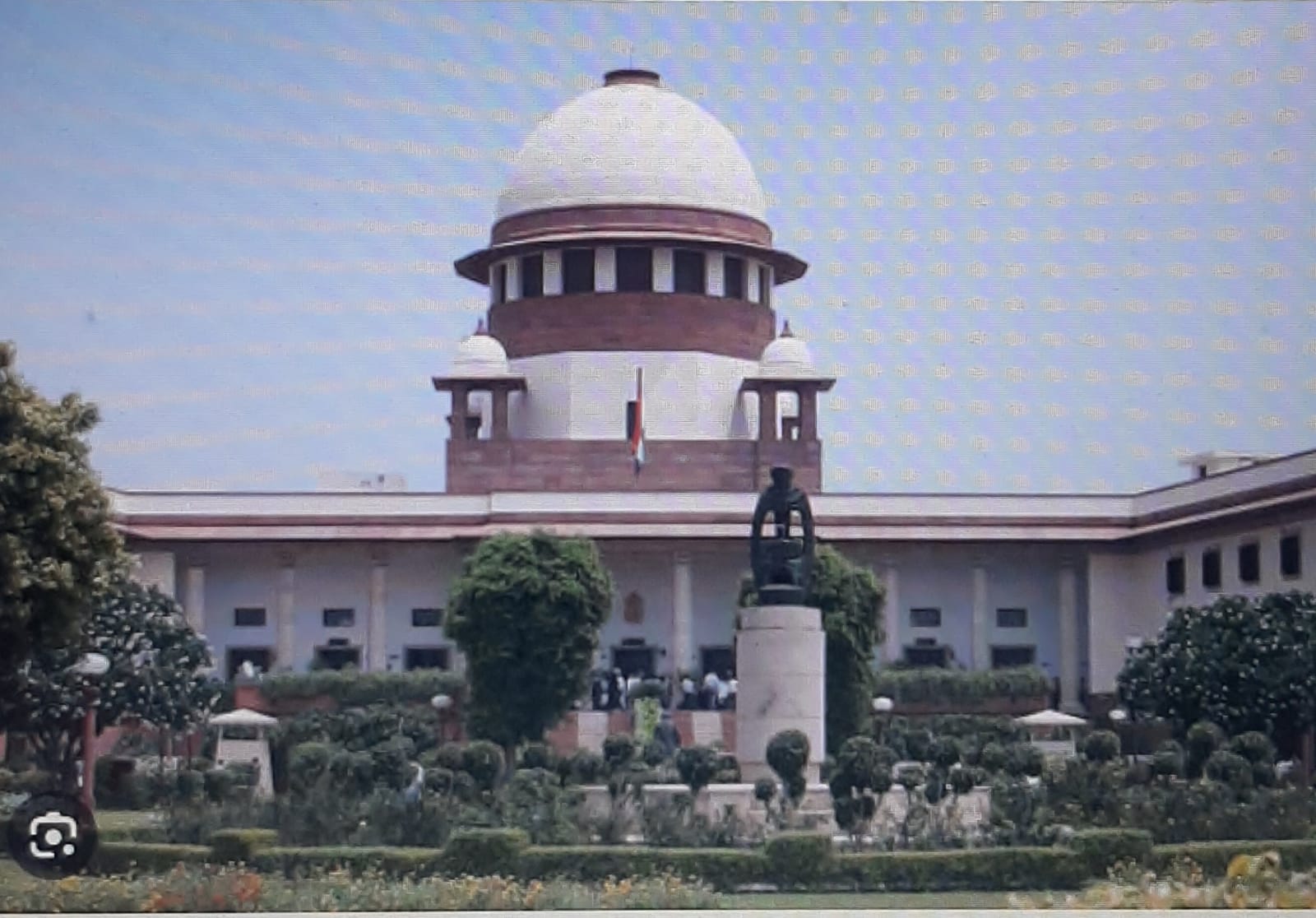
Daily News And Views
New Delhi, November 7: Authorities across the world have been pressuring Facebook over the end-to-end encryption in WhatsApp. India insists on “traceability” and the US, UK and Australia have teamed up to demand “lawful access to the content of communications to protect our citizens”. The common complaint: Encryption, a privacy feature that ensures the message you send to your friend is not readable to others (be it WhatsApp, an advertiser or even police) unless they have access to your phone (or your friend’s).
Instead of buckling, Facebook is going ahead with its plan to expand the encryption to its other messaging platforms — Messenger and Instagram Direct. News agency Reuters reports that Facebook, supported by civil rights groups and many technology experts, will draw attention to a little-known privacy feature that had already existed in its Messenger app since 2016, called Secret Conversations. Available as an option, messages on Secret Conversation are encrypted as in WhatsApp while on the default Messenger is not (thus allowing smart replies and such). Facebook plans to make this more central so that a user does not have to go looking for it. It may also expand the encryption to calls under ‘Secret’.
To blunt the criticism that this would allow criminals and terrorists to share information away from prying eyes, Facebook plans to remove the feature that lets one use Messenger even without a Facebook profile (a non-Facebook user could use Messenger by registering the phone number). While this is expected to boot such users out of Messenger or force them to open a Facebook account, the company hopes the requirement would satisfy authorities — the company does not say if the conditions that would ban a Facebook profile (such as hate speech) will be made more stringent along with this.
The timing: The announcement comes a week after the Facebook-owned WhatsApp filed a lawsuit against Israeli firm NSO Group over spyware it sells to authorities that took advantage of a vulnerability in WhatsApp to snoop on some users, including Indian activists and journalists. This matters as the spyware scandal showed if authorities indeed want to listen to certain users (say a criminal), they already have the tools available to them — NSO is only one of the many such firms.









